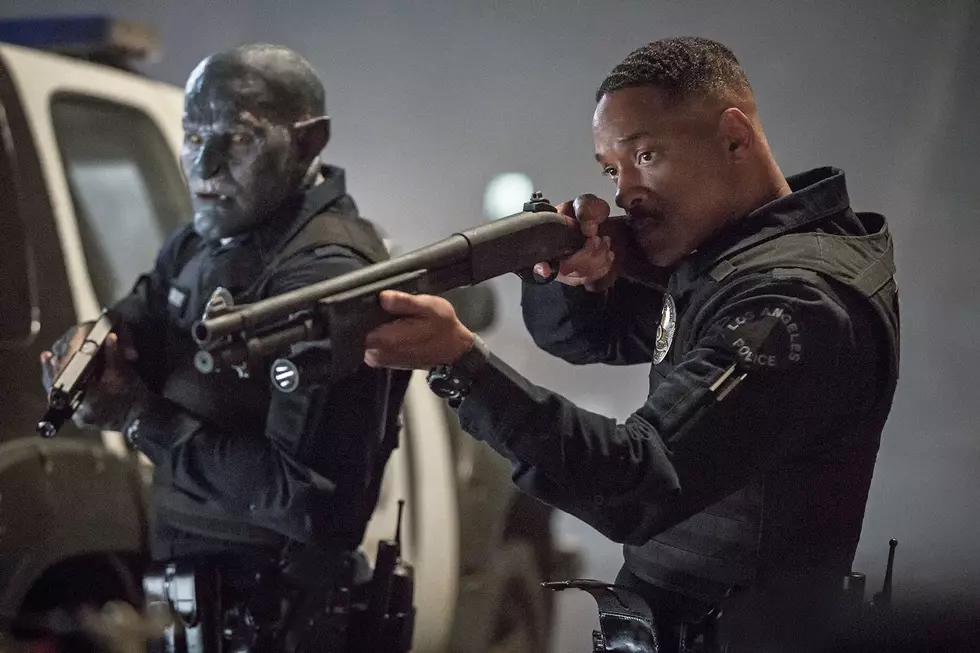
Joel Edgerton Says Critics Hated ‘Bright’ Because It Changed ‘The Landscape of the Movie Business’
“It was made for the fans, not the critics,” is something we seem to be hearing more and more these days, as Hollywood churns out an ever-increasing stream of terrible movies that people, inexplicably, still want to watch. Netflix is becoming the biggest offender, having yet to release something in 2018 that’s actually good. Joel Edgerton claims that December 2017’s Bright, the harbinger of this new era of bad Netflix content, is another one of those movies made for a fan base that is apparently out there.
While talking up his new movie Red Sparrow, Edgerton was, inevitably, asked about his orc cop thriller that debuted on the streaming service two months ago. He’s the star, and he’s already signed up to do another one, so he told Collider that, yes, he was aware that the critics hate it, but that we should focus on audience numbers instead.
All I know is what was reported, which was something like—whatever number was reported—something like 11 million that first weekend. Whatever it was, it amounted to a $100 million-plus opening weekend. But, I have to be honest, that’s considering that people don’t have to get in their car, go buy a ticket, go buy the popcorn. There’s a certain age where you can roll over and press play on the remote control. But, according to them, the numbers were there.
The numbers certainly were there, with 11 million people indeed pressing play on what many called Netflix’s worst movie ever made. Edgerton has a theory about that audience-critic disparity:
I think there was a little bit of extra critical hate towards it because it’s changing the landscape of the movie business, but I think ‘Bright’ is maybe a movie that needs to be reviewed by public opinion rather than viewed through the highbrow prism of film criticism.
Bright was only the beginning of this year’s slew of terrible Netflix movies, and probably remains the least well-received by critics, maybe because it was the worst, maybe because we’re all just getting very tired. But it did well on the streaming service — so well that a sequel was greenlit a day before reviews dropped and will probably start filming sometime soon — and it means that audiences need to start keeping track of which projects they decide to put their money behind. Bright’s success despite bad reviews sent the streaming service a message: this is what the people want, so, by golly, they’re going to give it to us. You watch bad movies, you get bad movies.
More From 92.9 The Lake







